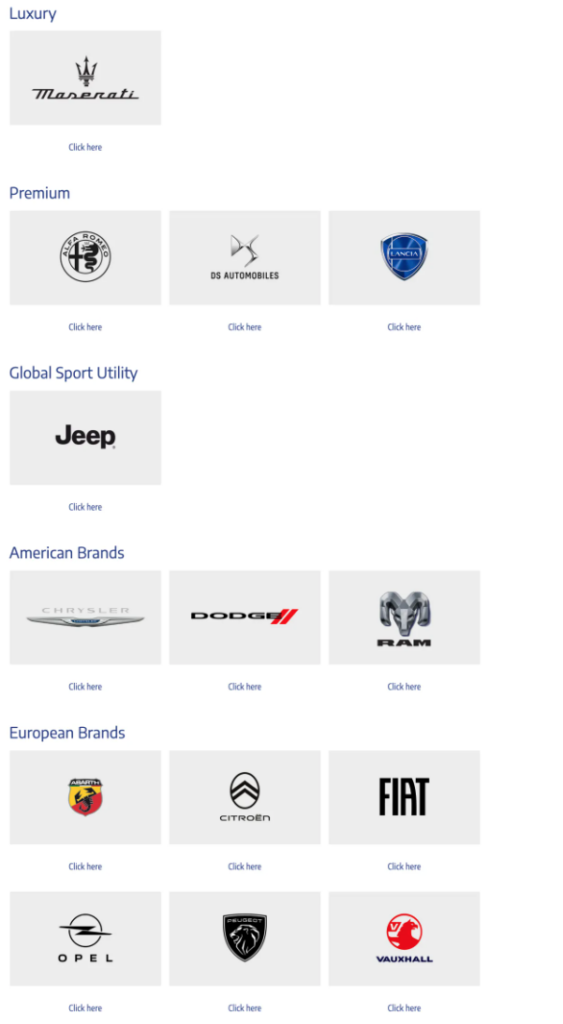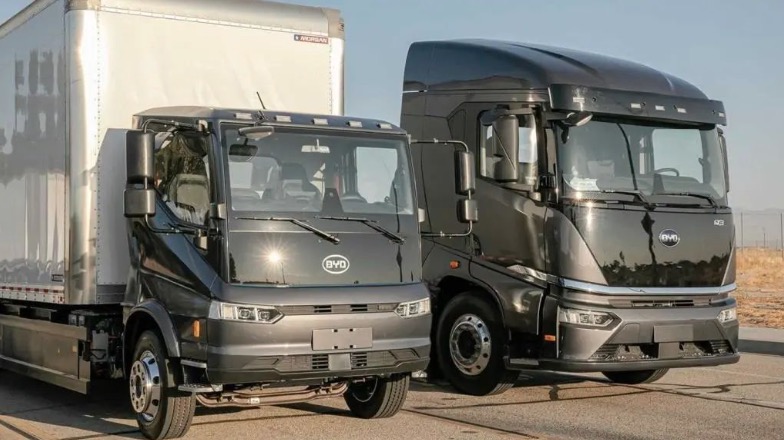On the morning of August 16th, Li Yunfei, the general manager of the brand and public relations department of BYD Group, posted on Weibo: “The online rumor that BYD acquires Chrysler is false information!” It is understood that this rumor originated overseas earliest, claiming that BYD considered acquiring Chrysler, including all the assets of Chrysler’s three major brands and eight factories in the United States. If the acquisition was successful, Chrysler would become a springboard for BYD to enter the US market, but it was eventually denied by Li Yunfei.

Chrysler, along with General Motors and Ford, is known as the three major automotive giants in Detroit. It was founded by Walter Chrysler in 1925 and has a history of nearly a hundred years. In 2009, Chrysler was on the verge of bankruptcy due to the financial crisis. The Italian Fiat Automobile Company successively acquired the shares of the US Chrysler Automobile Company. In 2014, Fiat fully acquired Chrysler and merged the two companies into Fiat Chrysler (FCA). In 2021, the Fiat Chrysler Group (FCA) and the PSA Group merged to become Stellantis Group, which owns 15 automotive brands such as Abarth, Alfa Romeo, Chrysler, Citroën, Dodge, DS, Fiat, Fiat Commercial Vehicles, Jeep, Lancia, Maserati, Opel, Peugeot, RAM, Vauxhall, covering multiple market segments such as ultra-luxury, luxury, mainstream passenger cars, and even heavy pickups, SUVs, and light commercial vehicles.

In the Chinese market, GAC Group once established a joint venture with Fiat Chrysler, GAC Fiat Chrysler Automobile Co., Ltd. (hereinafter referred to as “GAC Fiat Chrysler”), to sell Chrysler brand and Jeep brand models. In 2017, GAC Fiat Chrysler’s sales volume was 222,300 units, which was the peak sales volume since its establishment. After that, it began to decline. In 2018, Fiat announced its withdrawal from the Chinese market. GAC Fiat Chrysler only sold Jeep brand models, and Jeep’s days were also tough, with consecutive five-year sales declines, and finally applied for bankruptcy to the court in 2022.
After GAC Fiat Chrysler applied for bankruptcy, its assets began to be publicly auctioned, involving the core assets such as the GAC Fiat Chrysler Changsha factory, buildings, machinery and equipment. The starting price was 1.532 billion yuan. The first auction was on July 21st, with a starting price of 1.915 billion yuan, but it was eventually unsold due to no bids. The starting price of the second auction was reduced by 383 million yuan to 1.532 billion yuan, but still no bids were made.

In the Chinese market, neither Chrysler nor Jeep has achieved success, and BYD also has no motivation to enter the US market by acquiring Chrysler. At the Milken Institute Global Summit 2024 held in May, Li Ke, the executive vice president of BYD Company and the CEO of the Americas region, once said: “We have no plans to sell cars in the United States. The current US market is in a very confusing stage.” In May this year, the United States announced the four-year review results of the Section 301 tariffs imposed on China and significantly increased tariffs on China’s “target strategic products”, including increasing the import tariffs on Chinese electric vehicles from 25% to more than 100%, and doubling the semiconductor tariffs to 50%, etc. The new regulation was planned to take effect on August 1st, but on the day before it took effect, the Office of the United States Trade Representative (USTR) suddenly issued a statement postponing it “for at least two weeks”.
However, some industry insiders believe that Chrysler’s product line and brand positioning are highly consistent with the current BYD. For example, the high consistency between Fangchengbao and Jeep, the pickup market corresponding to Dodge, BYD has already released SHARK, and Chrysler covers both the upper and lower market lines from home use to luxury. Of course, BYD’s acquisition of Chrysler also requires a huge price. Based on the 50:50 ratio when PSA merged, BYD’s acquisition or holding of Chrysler would cost a minimum of about 13.5 billion US dollars, approximately 96.8 billion yuan.

Although BYD denies that it is promoting the acquisition of Chrysler, BYD’s future expansion in the North American market is still worthy of attention. Entering 2023, BYD’s “going overseas” has a new direction – it begins to promote the going out of production capacity and production lines, and accelerates the pace of building overseas factories. Currently, BYD has invested and built factories in countries such as Thailand, Uzbekistan, and Brazil. In January this year, BYD officially signed a land pre-purchase agreement for BYD’s Hungarian passenger car factory with the Szeged Municipal Government of Hungary. This is BYD’s first passenger car assembly plant in Europe. The new factory is expected to be completed and put into production in 2025, producing batteries and complete vehicles, and bringing thousands of jobs to the local area.


